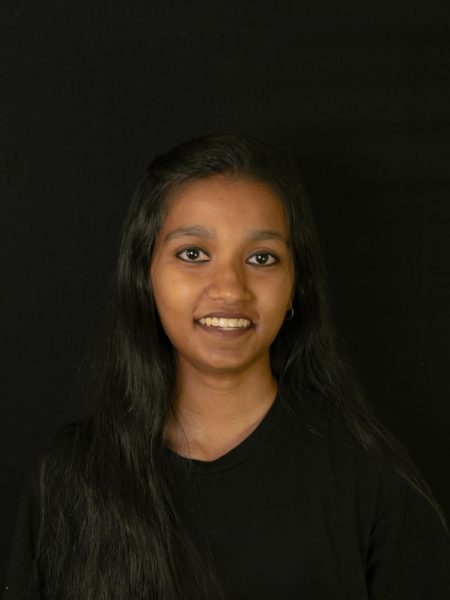“Influencer” first became a job title in the early 2010s, and as the number of influencers grows, so does their scope and reach. According to Statista, a macro-influencer can make $1,804 per Instagram post. This one post equals almost 250 hours of work at federal minimum wage — at $7.25 an hour. As society’s parasocial relationships grow with the influencers we choose to idolize, our expectations for them grow as well. Among these expectations is the inferred obligation to speak out on social and political issues.
During movements like “Black Lives Matter” and even now for “Free Palestine,” influencers have been continuously called out on their statements — or lack thereof. While some argue that it is not the influencer’s job to call attention to or speak on social and political issues, why is it not? As a society, we have elected these “normal” citizens to this coveted job title. With kids nowadays striving to be in the spotlight, why should we not expect those placed on a platform to speak out for those who cannot?
The definition of an influencer is “a person or thing that influences another.” When striving for or claiming this job title, they are accepting responsibility for how and what they choose to influence. Similarly to promoting a product or service, influencers have an obligation to their followers to ensure what they are influencing will be beneficial.
When voting in elections, you vote for who you believe best represents your values and ideologies. This person is supposed to serve as a representative because, with their values, they can reach and influence a much larger population than if a regular citizen shared their opinion. While the comparison might seem silly, this really is no different than influencers. When you follow or support an influencer, you do so hoping they have your best interests at heart. Transparency is key in an ever-evolving social society, and as consumers, who we pay attention to is as important as ever.
A recent example of this is Texas-born influencer, Brittany Broski. The influencer came under fire for not speaking out on the ongoing Israeli-Palestinian conflict. Followers called out the hypocrisy in her silence, as she has before commented on influencers’ silence, saying, “If you can, then why don’t you? If you have a platform and you have people’s ears, you have their attention. How dare you not? How dare you not say things that matter?” In a leaked story post, she says, “Why do I have to address the situation in the Middle East? In what universe am I the voice to speak on it? I am the opposite of the person who should be speaking on this.” But by her very own quote, she has an obligation to speak on behalf of those who cannot. With 7.4 million followers on TikTok, 1.4 million on Instagram and almost half a million followers on YouTube, Broski definitely has the platform to incite change and spread awareness.
While society’s obsession with influencers is unhealthy, to say the least, these are people we, as followers, viewers and citizens, have chosen to support and give a platform to. It is not an insane request for them to speak out and be a voice for their less influential followers.









